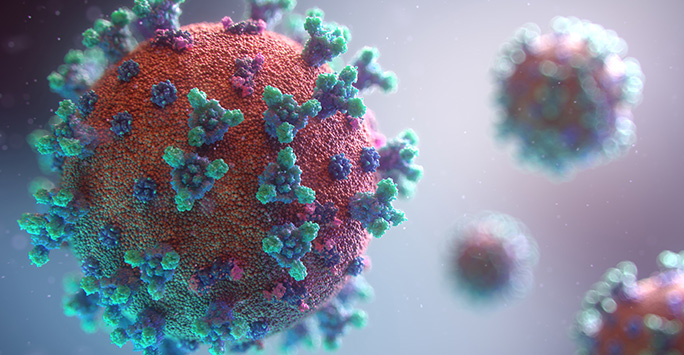Predicting Hospital Demand with Social Media
John Heap, one of our software development engineers, is working on an innovative project headed up by Prof. Simon Maskell: Symptom Watch.
Working alongside PhD students Matthew Carter and Conor Rosato, John is using his extensive experience of Twitter data analysis to help determine whether it is possible to predict hospital demand by analysing the number of tweets that mention COVID symptoms. Using a mixture of streaming, database, filtering, and machine learning technologies each individual tweet will be examined for location and useful content. The project will provide a daily report of aggregated counts, (at both a national and a local level), along with notifications of significant changes in relevant tweet frequencies.
Unlocking the power of the impactful Allele Frequency Net database to aid on a COVID-19 vacinne development
Part of the COVID-19 HLA & Immunogenetics Consortium to unite the global community of HLA and immunogenetics experts and leaders in support of these efforts, Dr Antony McCabe is working with the popular AFND database to merge and make available all the information available regarding HLA variation world-wide to accelerate drug discovery and vacinne candidates for COVID-19.
Our team has developed a download tool so that researchers working on COVID19 can access all of the HLA frequency data that is contained within the Allele Frequencies Net Database (allelefrequencies.net/download) in a simple downloadable file. This data includes HLA frequencies from over 1,200 population studies across more than 100 countries. The data can be filtered by country, region, and reported ethnicitiy, which may be useful in correlating HLA alleles with different COVID outcomes across these factors.
No pre-existing condition and in intensive care. What makes you more susceptible to COVID-19?
The whole team is currently joining different initiatives and consortia to exploit -omics data to improve predictions on severity and outcome of patients at the point of diagnosis. Providing expertise in -omics analyses and integration we are working to bridge the gap in our understanding of the disease severity and progression. We are currently supporting researchers using single cell transcriptomics data and proteomics data to understand disease severity and immune response.
If you are interested in working with us, do not hesitate to contact us.
Back to: Computational Biology Facility
